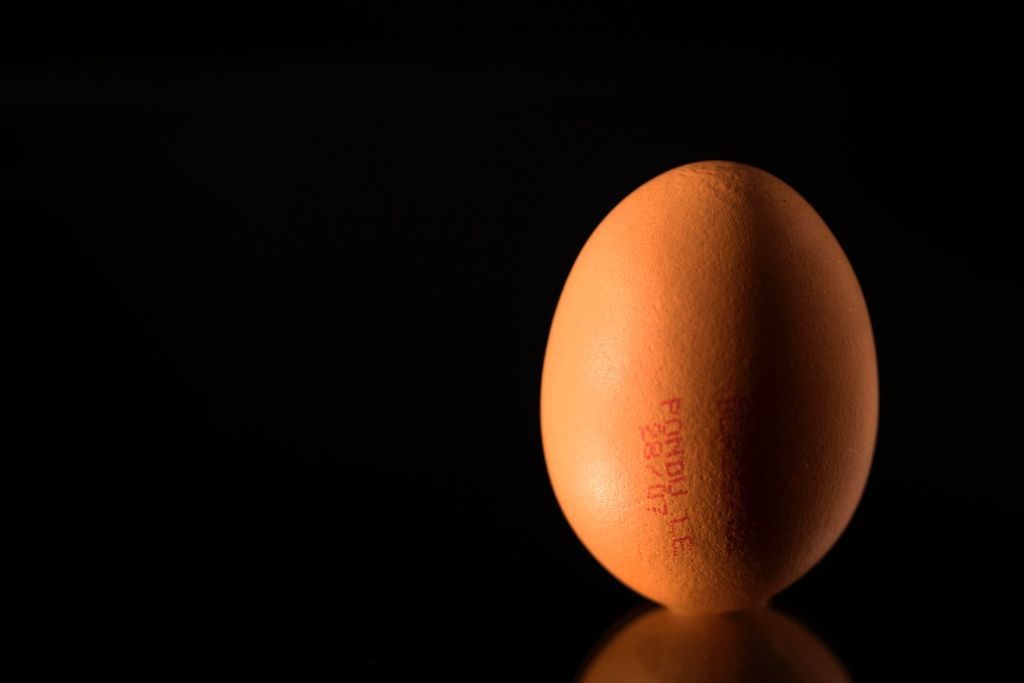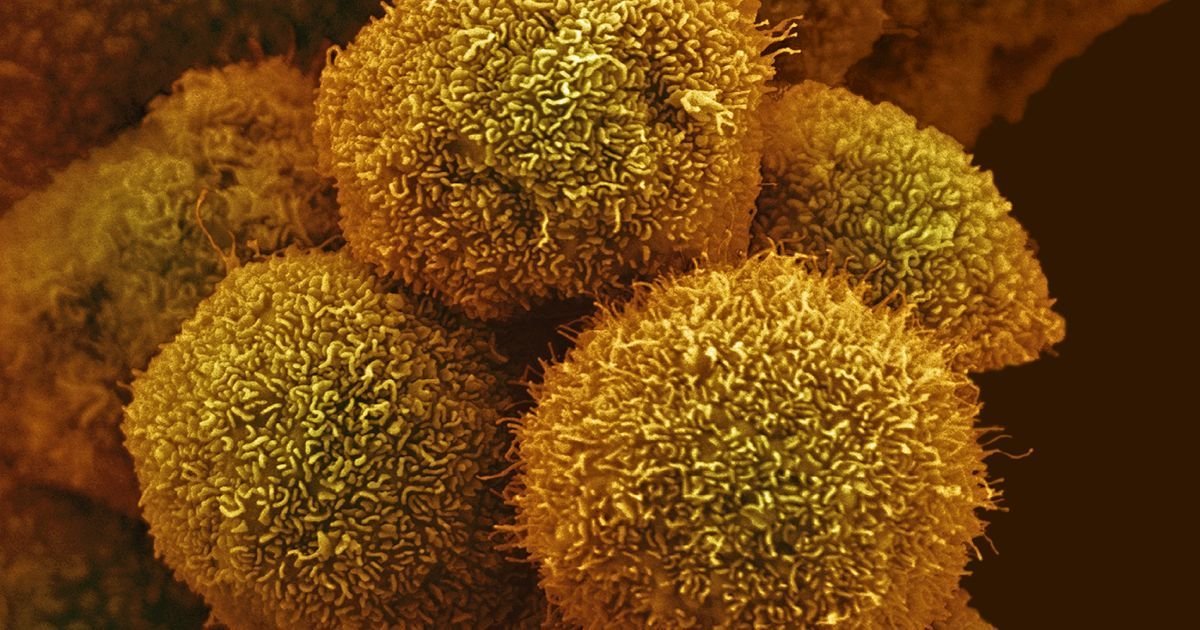
Scientists in Japan have genetically modified chickens to lay eggs containing drugs that have the potential to significantly reduce the cost of cancer treatment.
The eggs were developed using genome-editing technology to produce a protein called interferon, which is used to treat hepatitis, multiple sclerosis and malignant skin cancer.
Injecting it into cancer patients three times per week can prevent cancer cells from multiplying, while also boosting T cells to fight tumors. But the remedy is expensive: Current production of just a few micrograms of interferon costs between $250 and $900.
A combined push by researchers at the National Institute of Advanced Industrial Science and Technology (AIST) in Osaka, the National Agriculture and Food Research Organization in Ibaraki and pharmaceutical sales company Cosmo Bio in Tokyo has now made a breakthrough.
"This is a result that we hope leads to the development of cheap drugs," professor Hironobu Hojo of Osaka University told The Japan News. "In the future, it will be necessary to closely examine the characteristics of the agents contained in the eggs and determine their safety as pharmaceutical products."
The report stated that the modified chickens are laying eggs containing the interferon beta protein at a rate of one every one to two days.
The researchers hope the new technique can be used as early as next year to create the cancer-fighting drug, initially halving the cost of conventional production. It is hoped this cost could eventually drop to as low as 10 percent.
However, regulations in Japan may mean the introduction of the pharmaceutical products may be delayed until screening processes take place. Newsweek has reached out to officials at AIST but has yet to receive a response.

The high cost of cancer drugs prevents some treatments from ever reaching patients, while forcing a significant proportion of sufferers to give up treatment altogether. Research last year found that one in five cancer patients will stop taking a life-saving drug due to an inability to pay for it.
Writing for Newsweek, Brian Bolwell, chair of the Taussig Cancer Institute at the Cleveland Clinic, said, "The monthly cost for new cancer drugs, especially immunologically or genomically based therapies, has increased 77-fold since 1975 [in the U.S.]. A single drug can now cost over $300,000 per year.
"Cancer drugs are not a luxury item, like an expensive car, that people can choose to buy or not to buy…. When prices come down, mortality rates will surely follow."
Uncommon Knowledge
Newsweek is committed to challenging conventional wisdom and finding connections in the search for common ground.
Newsweek is committed to challenging conventional wisdom and finding connections in the search for common ground.
About the writer
Anthony Cuthbertson is a staff writer at Newsweek, based in London.
Anthony's awards include Digital Writer of the Year (Online ... Read more
To read how Newsweek uses AI as a newsroom tool, Click here.








